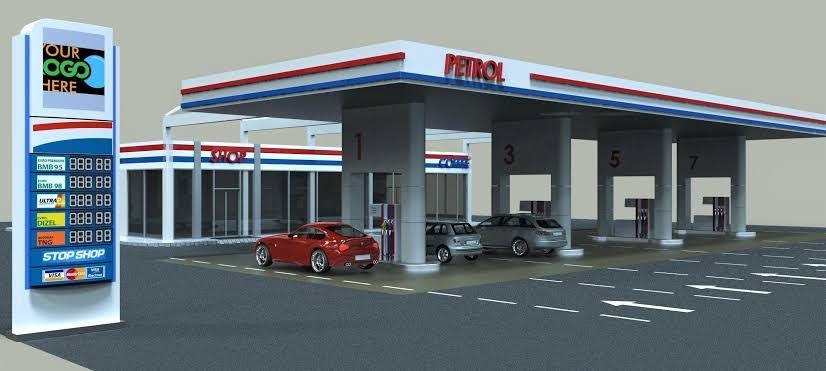- Get link
- X
- Other Apps
- Get link
- X
- Other Apps
The National Institute for Policy and Strategic Studies (NIPSS) has assured Nigerians that the price of Premium Motor Spirit (PMS), commonly known as petrol, will decline as Dangote Refinery and other local refineries ramp up production.
Before the removal of fuel subsidies, petrol was sold for less than ₦200 per litre. However, following the policy change, prices surged to approximately ₦930 per litre, depending on the location.
Despite the sharp increase, NIPSS Director-General, Ayo Omotayo, expressed optimism about an imminent reduction in prices. Speaking on Channels Television’s The Morning Brief on Tuesday, Omotayo explained that as more refineries become operational, fuel costs will gradually decrease.
“With the removal of subsidies, we now have the Dangote Refinery coming on board, along with other refineries. The Port Harcourt refinery, for instance, has been operating continuously for 110 days. These are some of the short-term benefits,” he stated.
Omotayo predicted that petrol prices could fall to around ₦750 per litre before the end of the year. He also projected a stabilization of the exchange rate, which he believes could drop to about ₦1,300 per dollar.
“We expect petrol prices to come down as low as ₦750 before the year ends. Additionally, we anticipate a further drop in foreign exchange rates to about ₦1,300 per dollar. These trends will continue as more refineries come online,” he added.
He emphasized that Nigeria is on track to becoming a net exporter of petroleum products in the long run.
Acknowledging the current economic challenges, Omotayo reassured Nigerians that the country will reap long-term benefits from the subsidy removal.
“The immediate gains may seem small, but over time, the sacrifices made today will yield significant benefits for the nation,” he said.
Defending the government’s decision, Omotayo noted that while the short-term impact may be difficult, the policy will ultimately strengthen the economy. He highlighted government interventions, such as palliatives, aimed at cushioning the effects on vulnerable citizens.
“Most of the benefits will be realized in the medium and long term. In the meantime, the government has introduced palliative measures to ease the burden on the poor. We all need to adjust our spending habits,” he advised.
While acknowledging the initial hardships, he reiterated his belief that, “In the long run, we will recover from the sacrifices we have made today as Nigerians.”
